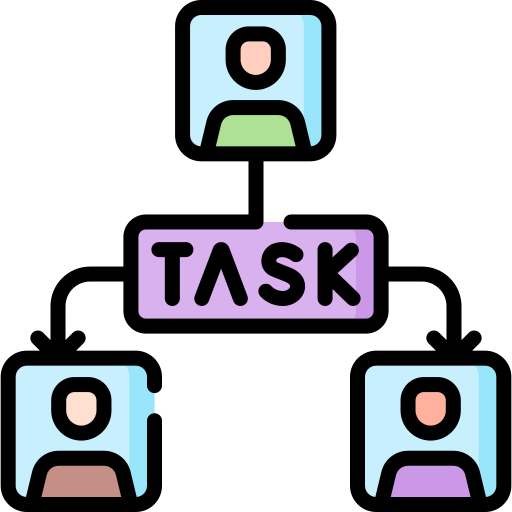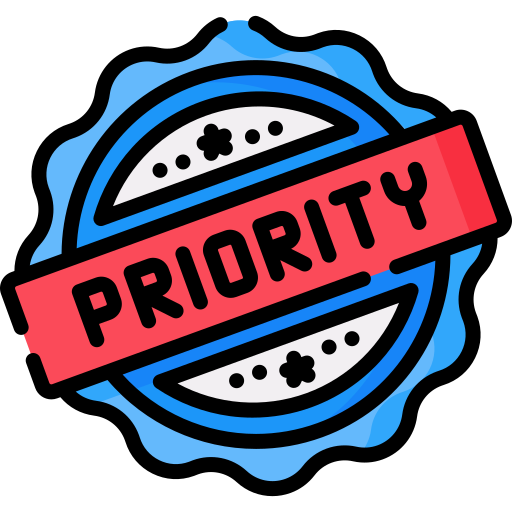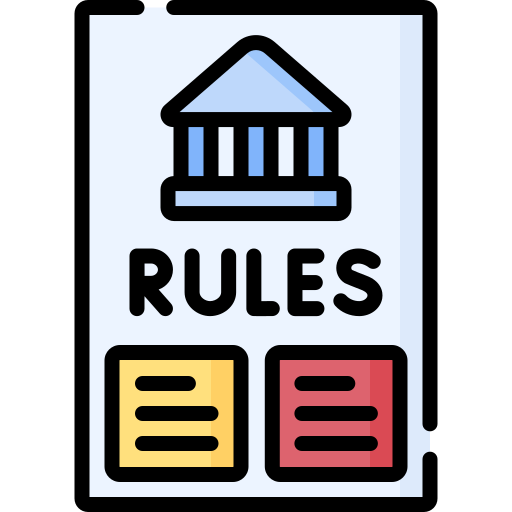Do you insist on arranging books, DVDs, or files a certain way and become angry if someone rearranges them?
Do you get very upset if a friend suggests a different route while driving? Do you insist on following the original plan exactly?

If the answer is yes, you might be showing signs of obsessive–compulsive personality disorder (OCPD).
What is OCPD?
OCPD is a personality disorder where someone strongly prefers order, rules, and control, sometimes impacting their daily life and relationships.
OCD vs. OCPD
According to McMaster University's definition:
OCD is ruled by intrusive thoughts called, obsessions that cause anxiety and force the person to perform compulsions for relief. OCPD is ruled by perfectionism and detail.
Check out this Byte on OCD to learn more.

Did you know?
Signs of OCPD
You might have OCPD if:

You spend a lot of time making everything perfect, even if it prevents you from completing anything.

You can't delegate any task to anybody else.

You consider work to be of high priority. You would cancel any personal plans because of that.

You have a strict set of rules and standards and expect everyone else to follow them too.

You fixate on the smallest details and make lists of anything.

You try to save money on everything up to essentials even if you don't have to, or you can't get rid of old things and keep them just in case.
Did you know?
Quiz
Imagine the following situations:

You're at your girlfriend's place getting ready to go out. You're getting impatient as she goes to wash her hands yet again.

Your colleague regularly stays late at work to finish their project, even when their boss tells them they don't have to.

Your mother won't let anyone fold the laundry because they do it the wrong way.

Your friend got really upset when you missed your bus.
Quiz
In the situations above, who do you think might be showing behaviors associated with OCPD?
Subscribe for more quick bites of learning delivered to your inbox.
Unsubscribe anytime. No spam. 🙂
Take Action
OCPD is a fairly common disorder. So, don't panic if you recognize some of the signs in yourself or your surroundings.
 Here is what you can start with:
Here is what you can start with:
Your feedback matters to us.
This Byte helped me better understand the topic.
